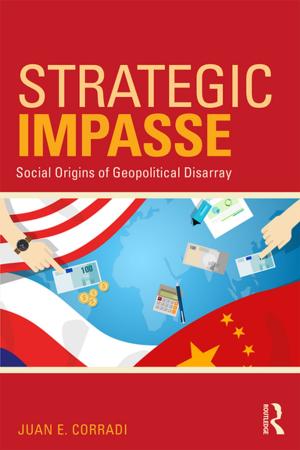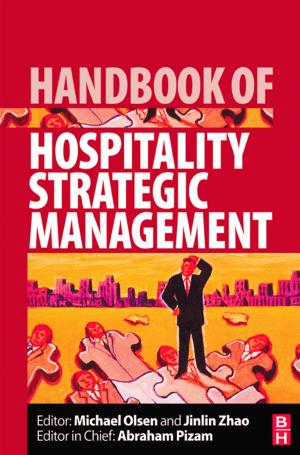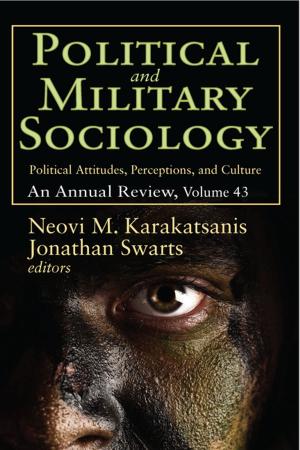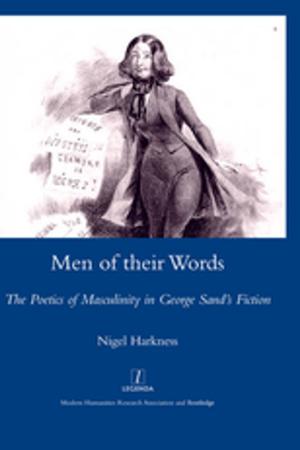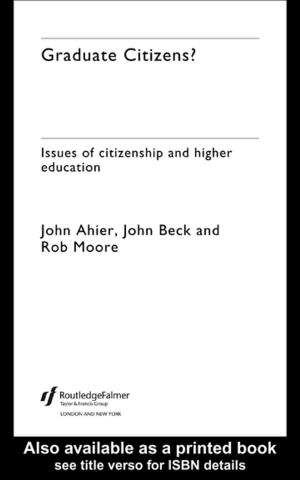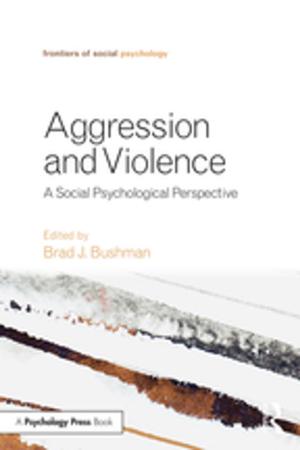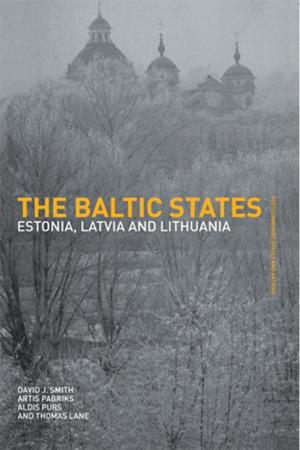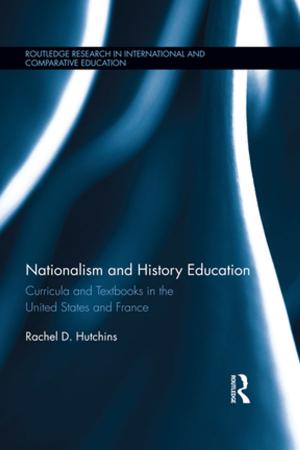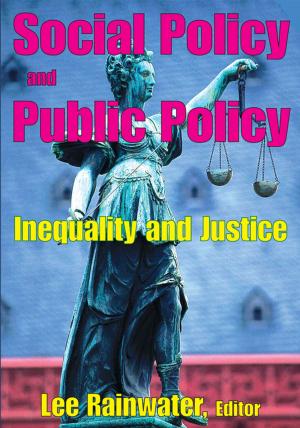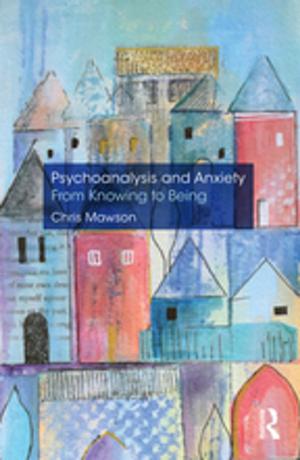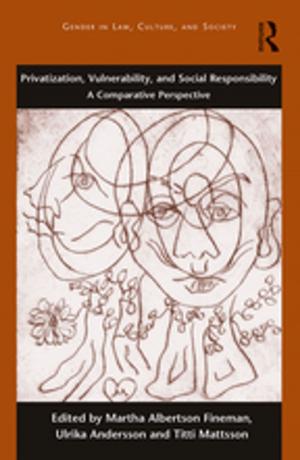New Thinking for a New Millennium
The Knowledge Base of Futures Studies
Nonfiction, Reference & Language, Education & Teaching| Author: | ISBN: | 9781134793907 | |
| Publisher: | Taylor and Francis | Publication: | November 1, 2002 |
| Imprint: | Routledge | Language: | English |
| Author: | |
| ISBN: | 9781134793907 |
| Publisher: | Taylor and Francis |
| Publication: | November 1, 2002 |
| Imprint: | Routledge |
| Language: | English |
In this book, Richard Slaughter draws on the relatively new but rapidly developing field of futures studies to illustrate how our thinking must change in order to deal with the challenges presented by the new millennium. In doing so he brings together the latest work from some of the leading international names in futures thinking.
Part One considers the foundations of futures thinking in history, literature and ideas. Part Two explores some of the ways that futures studies have been and are being applied in different educational contexts around the world, from pre-school to postgraduate levels. Part Three takes the crucial step from institutional learning to social learning, and explores how futures provides us with insights which can help guide our society into the new millennium, together with suggestions for the development of the field itself.
This book is essential reading for teachers, students and anyone interested in the perils and promise of the twenty-first century.
In this book, Richard Slaughter draws on the relatively new but rapidly developing field of futures studies to illustrate how our thinking must change in order to deal with the challenges presented by the new millennium. In doing so he brings together the latest work from some of the leading international names in futures thinking.
Part One considers the foundations of futures thinking in history, literature and ideas. Part Two explores some of the ways that futures studies have been and are being applied in different educational contexts around the world, from pre-school to postgraduate levels. Part Three takes the crucial step from institutional learning to social learning, and explores how futures provides us with insights which can help guide our society into the new millennium, together with suggestions for the development of the field itself.
This book is essential reading for teachers, students and anyone interested in the perils and promise of the twenty-first century.

